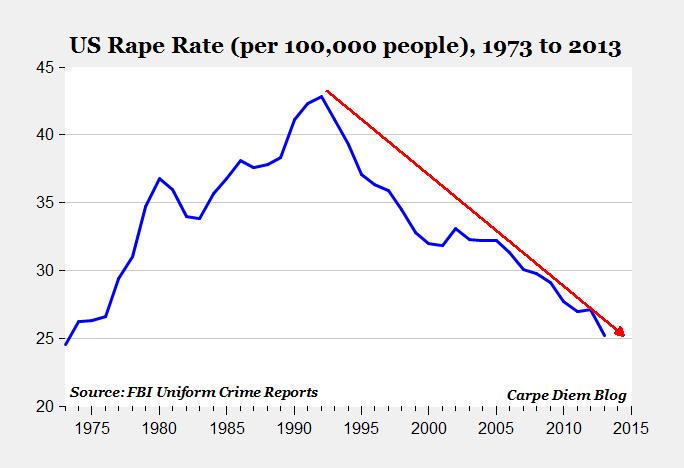The Mensur has been described so often and so thoroughly that I do not intend to bore my readers with any detailed account of it. I merely come forward as an impressionist, and I write purposely the impression of my first Mensur, because I believe that first impressions are more true and useful than opinions blunted by intercourse, or shaped by influence.
[…]
Use blinds one to everything one does not wish to see. Every third German gentleman you meet in the street still bears, and will bear to his grave, marks of the twenty to a hundred duels he has fought in his student days. The German children play at the Mensur in the nursery, rehearse it in the gymnasium. The Germans have come to persuade themselves there is no brutality in it — nothing offensive, nothing degrading. Their argument is that it schools the German youth to coolness and courage. If this could be proved, the argument, particularly in a country where every man is a soldier, would be sufficiently one-sided. But is the virtue of the prize-fighter the virtue of the soldier? One doubts it. Nerve and dash are surely of more service in the field than a temperament of unreasoning indifference as to what is happening to one. As a matter of fact, the German student would have to be possessed of much more courage not to fight. He fights not to please himself, but to satisfy a public opinion that is two hundred years behind the times.
All the Mensur does is to brutalise him. There may be skill displayed — I am told there is, — but it is not apparent. The mere fighting is like nothing so much as a broadsword combat at a Richardson’s show; the display as a whole a successful attempt to combine the ludicrous with the unpleasant. In aristocratic Bonn, where style is considered, and in Heidelberg, where visitors from other nations are more common, the affair is perhaps more formal. I am told that there the contests take place in handsome rooms; that grey-haired doctors wait upon the wounded, and liveried servants upon the hungry, and that the affair is conducted throughout with a certain amount of picturesque ceremony. In the more essentially German Universities, where strangers are rare and not much encouraged, the simple essentials are the only things kept in view, and these are not of an inviting nature.
Indeed, so distinctly uninviting are they, that I strongly advise the sensitive reader to avoid even this description of them. The subject cannot be made pretty, and I do not intend to try.
The room is bare and sordid; its walls splashed with mixed stains of beer, blood, and candle-grease; its ceiling, smoky; its floor, sawdust covered. A crowd of students, laughing, smoking, talking, some sitting on the floor, others perched upon chairs and benches form the framework.
In the centre, facing one another, stand the combatants, resembling Japanese warriors, as made familiar to us by the Japanese tea-tray. Quaint and rigid, with their goggle-covered eyes, their necks tied up in comforters, their bodies smothered in what looks like dirty bed quilts, their padded arms stretched straight above their heads, they might be a pair of ungainly clockwork figures. The seconds, also more or less padded — their heads and faces protected by huge leather-peaked caps, — drag them out into their proper position. One almost listens to hear the sound of the castors. The umpire takes his place, the word is given, and immediately there follow five rapid clashes of the long straight swords. There is no interest in watching the fight: there is no movement, no skill, no grace (I am speaking of my own impressions.) The strongest man wins; the man who, with his heavily-padded arm, always in an unnatural position, can hold his huge clumsy sword longest without growing too weak to be able either to guard or to strike.
The whole interest is centred in watching the wounds. They come always in one of two places — on the top of the head or the left side of the face. Sometimes a portion of hairy scalp or section of cheek flies up into the air, to be carefully preserved in an envelope by its proud possessor, or, strictly speaking, its proud former possessor, and shown round on convivial evenings; and from every wound, of course, flows a plentiful stream of blood. It splashes doctors, seconds, and spectators; it sprinkles ceiling and walls; it saturates the fighters, and makes pools for itself in the sawdust. At the end of each round the doctors rush up, and with hands already dripping with blood press together the gaping wounds, dabbing them with little balls of wet cotton wool, which an attendant carries ready on a plate. Naturally, the moment the men stand up again and commence work, the blood gushes out again, half blinding them, and rendering the ground beneath them slippery. Now and then you see a man’s teeth laid bare almost to the ear, so that for the rest of the duel he appears to be grinning at one half of the spectators, his other side, remaining serious; and sometimes a man’s nose gets slit, which gives to him as he fights a singularly supercilious air.
As the object of each student is to go away from the University bearing as many scars as possible, I doubt if any particular pains are taken to guard, even to the small extent such method of fighting can allow. The real victor is he who comes out with the greatest number of wounds; he who then, stitched and patched almost to unrecognition as a human being, can promenade for the next month, the envy of the German youth, the admiration of the German maiden. He who obtains only a few unimportant wounds retires sulky and disappointed.
Jerome K. Jerome, Three Men on the Bummel, 1914.




